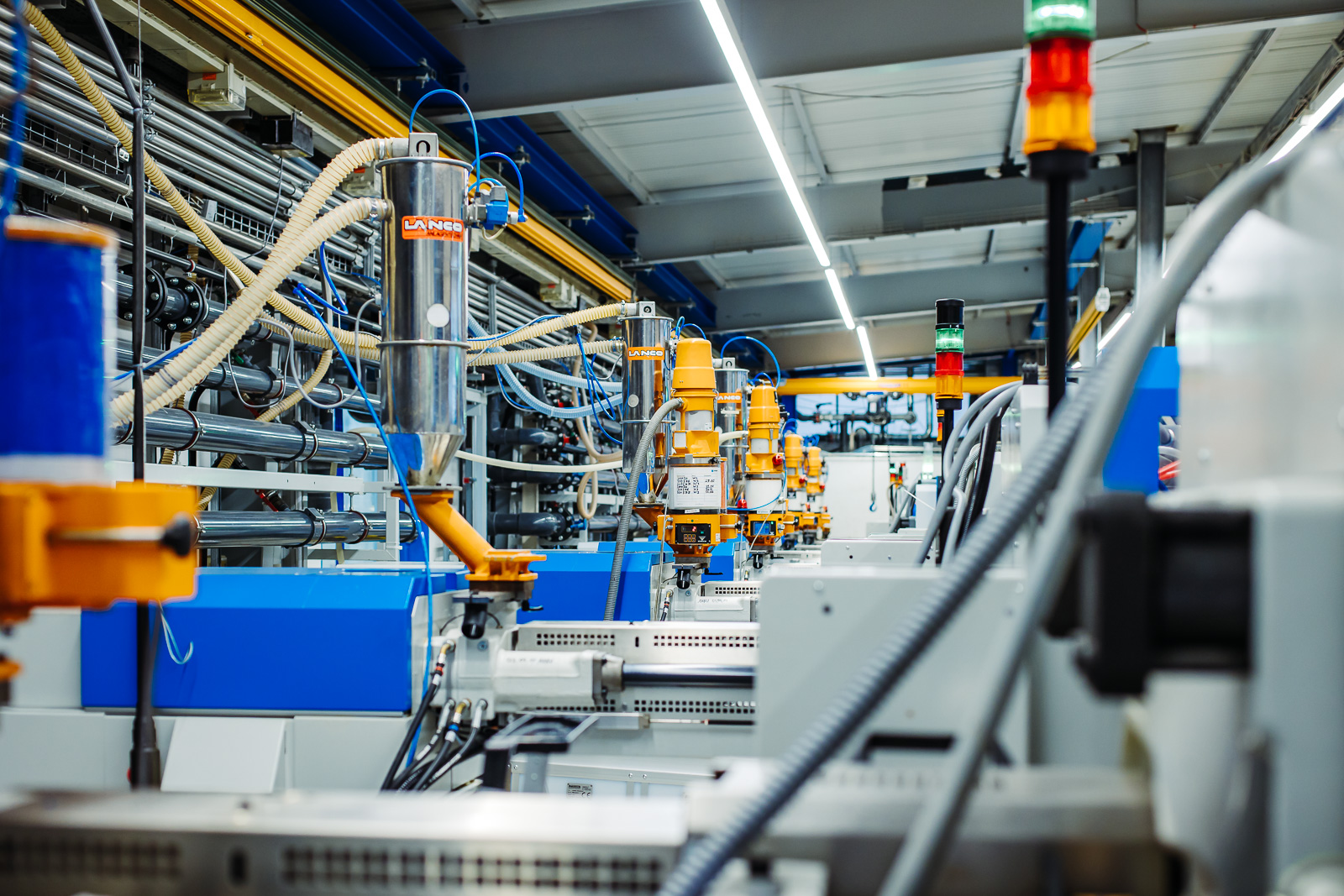Featured Article
From Prototype to Injection Molding for Medical Devices
As a full-service CDMO for medical devices, we offer a suite of services: from device development and human factors engineering, to prototyping, mold tooling, injection molding, and device assembly. Our end-to-end capabilities allow us to accelerate time-to-market while ensuring the highest standards of quality for our medical and pharmaceutical customers. […]

